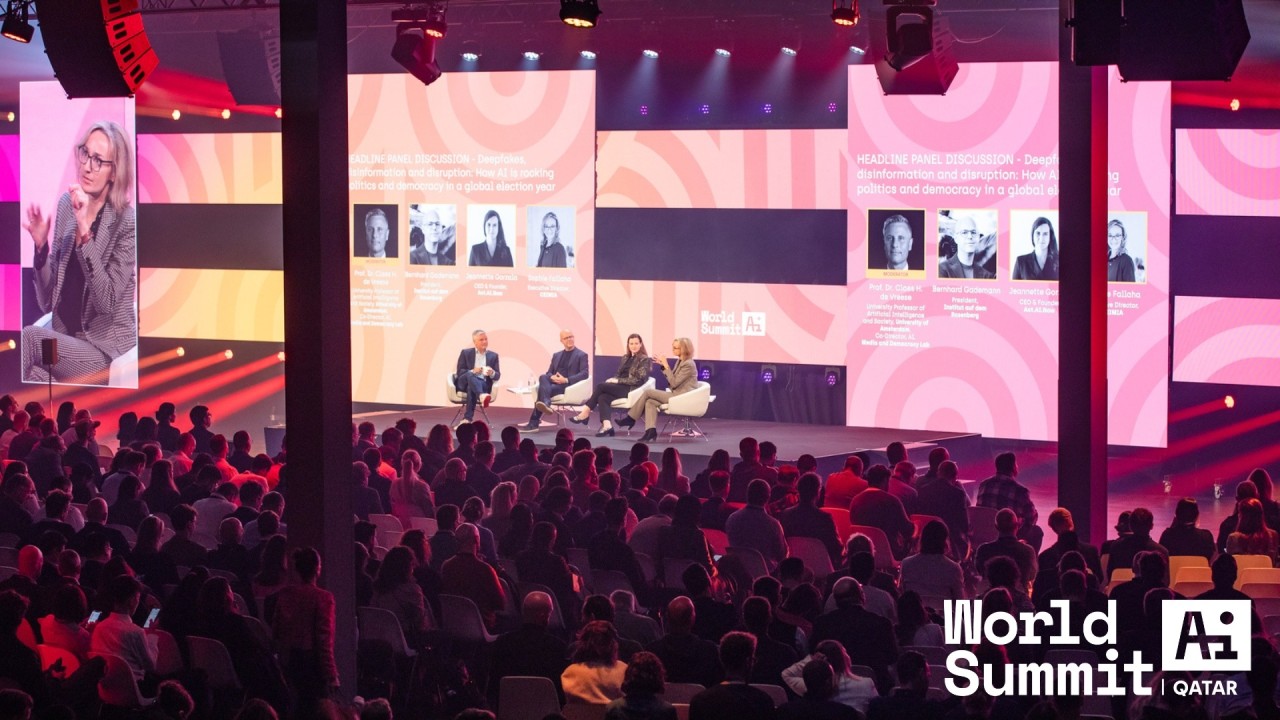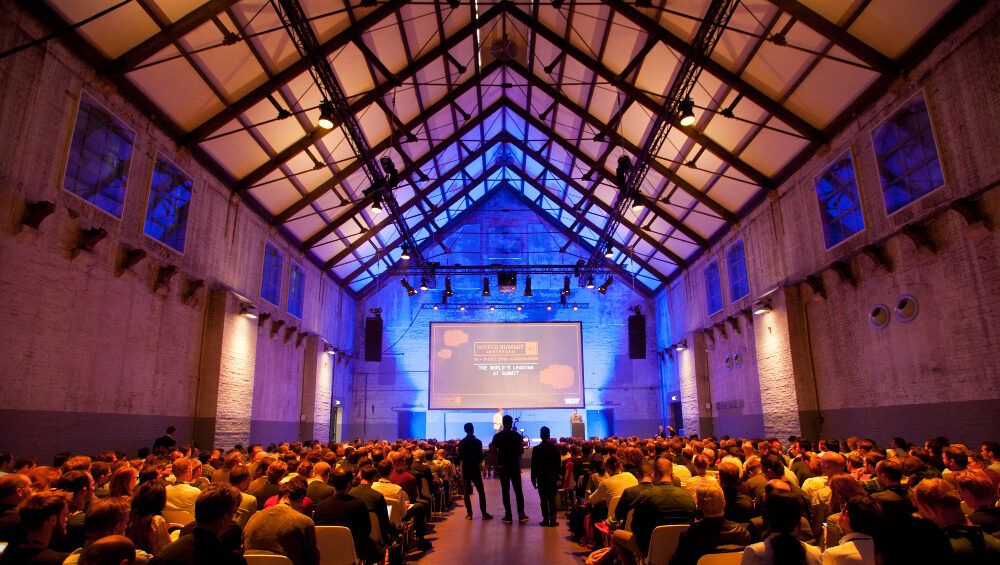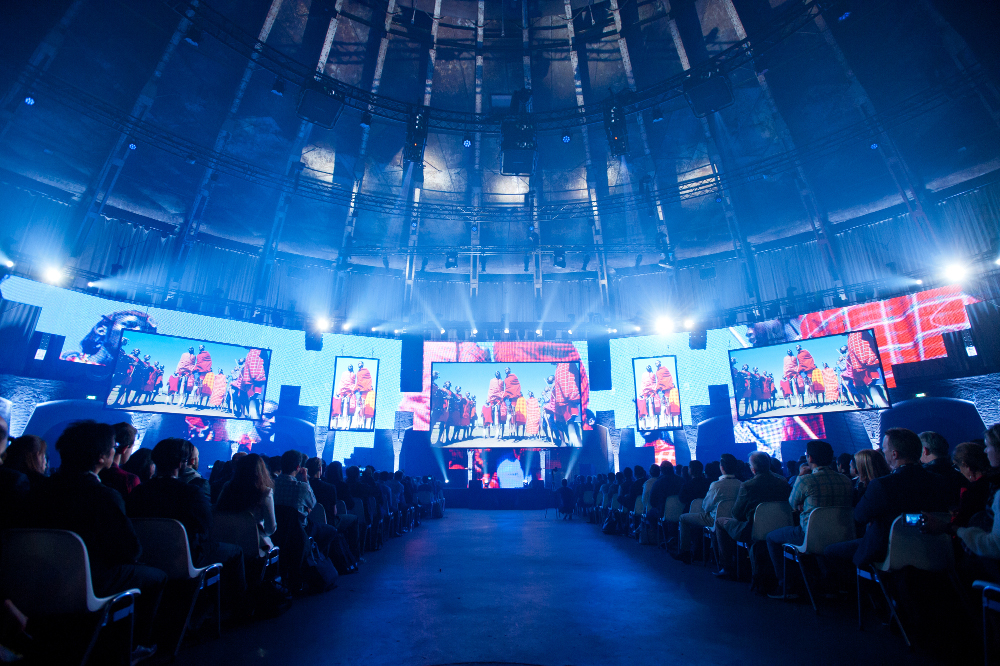Artificial Intelligence (AI) is no longer a futuristic ambition, it’s a present-day business driver. From predictive analytics and generative AI to cloud automation and AI-driven customer experiences, organizations across industries are racing to integrate AI into their core strategies. But with innovation comes complexity: shifting regulations, rapid technological changes, and tough questions about ethics and scalability.
This is where World Summit AI Amsterdam 2025 (WSAI 2025) becomes vital. More than a conference, it is a global hub where enterprises, startups, researchers, and regulators gather to shape the future of AI. For businesses embracing AI, WSAI 2025 provides the insight, networking, and credibility needed to compete in this new era.
The Significance of World Summit AI 2025
1. A Global Meeting Point for AI Leaders
WSAI is recognized as one of the most influential AI gatherings, with over 12,000 attendees from 160+ countries in past editions. In 2025, it brings together:
- Industry giants showcasing enterprise-scale AI deployments.
- Startups and scaleups introducing disruptive innovations.
- Policy and regulatory experts discussing governance and compliance.
- Academics and researchers sharing breakthroughs in AI models and systems.
For businesses, this means exposure to the entire AI ecosystem in one place , an invaluable opportunity to benchmark strategies and discover new solutions.
2. Understanding Emerging AI Trends
At WSAI 2025, discussions go beyond hype and focus on impact. Businesses can expect deep dives into:
- Frontier AI – Next-gen AI models with trillion-parameter scale, vital for industries like healthcare and finance.
- Physical AI – Robotics and edge AI, projected to reach a $43 billion global market by 2027 .
- Collaborative Intelligence – Addressing how AI can augment, not replace, human roles.
- Responsible AI – A growing necessity, with 68% of consumers saying they trust companies more when AI use is transparent.
- Scaling AI in Enterprises – Gartner predicts that by 2026, 75% of enterprises will operationalize generative AI, compared to under 5% in 2023.
3. Real-World Case Studies and Applications
Unlike many tech events, WSAI emphasizes practical deployments. Sessions explore how AI is applied in:
One of WSAI’s strengths is showcasing case studies that reveal the practical side of AI adoption:
- Banking & Finance: AI reduces fraud by up to 60% in some deployments.
- Healthcare: AI-enabled diagnostics can increase accuracy rates by 20–25% compared to traditional methods.
- Retail: AI-driven personalization has been shown to boost conversion rates by 10–15%.
- Smart Cities: European cities adopting AI in traffic systems report up to 30% reductions in congestion.
For organizations still navigating AI adoption, these case studies provide a blueprint for what works (and what doesn’t).
4. Building Partnerships and Ecosystems
AI adoption cannot be achieved in isolation. Businesses need vendors, technology partners, cloud providers, and often academic collaborations. WSAI 2025 offers:
- Direct access to AI startups and solution providers.
- Opportunities to engage with investors and venture capitalists.
- A chance to collaborate with universities and research labs working on cutting-edge AI.
For decision-makers, this summit acts as a marketplace of ideas and partnerships.
5. Preparing for the Regulatory Future
Governments worldwide are introducing stricter AI regulations, especially around data privacy, bias, and explainability. At WSAI 2025, experts discuss compliance strategies and frameworks that businesses can adopt now to avoid future risks.
This knowledge is crucial: failing to comply with AI regulations could result in reputational damage, legal penalties, and loss of customer trust.
Sustainability and Ethical AI: The Competitive Edge
Another priority for 2025 is the intersection of AI and sustainability. AI is playing a critical role in reducing carbon footprints by optimizing supply chains, energy use, and transportation networks.
For instance:
- AI-powered logistics can cut fuel consumption by up to 15%.
- Smart energy systems reduce operational costs by 20% while lowering emissions.
At WSAI 2025, these solutions aren’t theoretical. Businesses will see proven deployments, making sustainability a competitive advantage rather than a cost center.
Ethics is also center stage: consumers and regulators increasingly demand fair, explainable, and bias-free AI. Companies aligning with ethical standards now will earn long-term trust.
How Businesses Can Benefit from WSAI 2025
Step 1: Define Your Goals
Businesses should approach WSAI with clear objectives , whether it’s exploring generative AI use cases, finding a vendor for cloud-AI integration, or understanding regulatory risks.
Step 2: Leverage Networking Opportunities
The summit isn’t only about panels; it’s about who you meet. Leaders often discover partnerships, clients, or technology enablers during networking sessions.
Step 3: Bring Insights Back Home
After the event, businesses should share insights internally, align them with their AI strategy, and pilot at least one new initiative inspired by the summit.
Future Outlook: Beyond 2025
WSAI 2025 is not just about today’s challenges but also about anticipating what’s next. Industry analysts predict that by 2030, 70% of global GDP will involve AI-driven interactions. The summit offers a forward-looking roadmap on:
- AI + Quantum Computing → potentially solving problems impossible for classical computing.
- AI in Life Sciences → accelerating drug discovery and personalized healthcare.
- AI-driven Automation → reshaping industries from finance to construction.
By participating, businesses gain a 5–10 year competitive edge , understanding not just how to survive in the AI era, but how to lead it.
Why Symufolk Aligns with WSAI’s Vision
At Symufolk, we specialize in AI software development, data analytics, cloud solutions, and responsible AI deployment. Our mission aligns with the core themes of WSAI: helping businesses scale AI responsibly, securely, and strategically.
By staying tuned into events like WSAI, we ensure our clients get forward-looking strategies that are rooted in practical, ethical, and scalable AI adoption.
Conclusion
The World Summit AI Amsterdam 2025 isn’t just another tech conference , it’s where the future of AI in business is being written. For organizations embracing AI, the event offers the insights, partnerships, and foresight needed to thrive in an increasingly AI-driven world.
At Symufolk, we see WSAI 2025 as an opportunity to stay ahead, guide our clients with confidence, and ensure AI adoption is both innovative and responsible.
Frequently Asked Questions (FAQ)
1. What is the World Summit AI Amsterdam 2025?
It’s one of the world’s leading AI events, bringing together enterprises, startups, researchers, and policymakers to discuss the latest in artificial intelligence.
2. Why should businesses care about WSAI 2025?
Because it provides real-world insights, networking opportunities, and regulatory guidance that directly influence how businesses adopt and scale AI.
3. Who attends WSAI 2025?
Global enterprises, AI startups, investors, universities, and regulators , making it a diverse ecosystem where innovation meets governance.
4. How can attending WSAI benefit my company?
By exposing your team to cutting-edge AI use cases, helping you find potential partners, preparing you for regulatory shifts, and giving you strategies for responsible scaling.
5. Is it worth following WSAI even if I don’t attend in person?
Yes. Many sessions and insights are shared online, and the takeaways can guide businesses in shaping their AI roadmaps.









